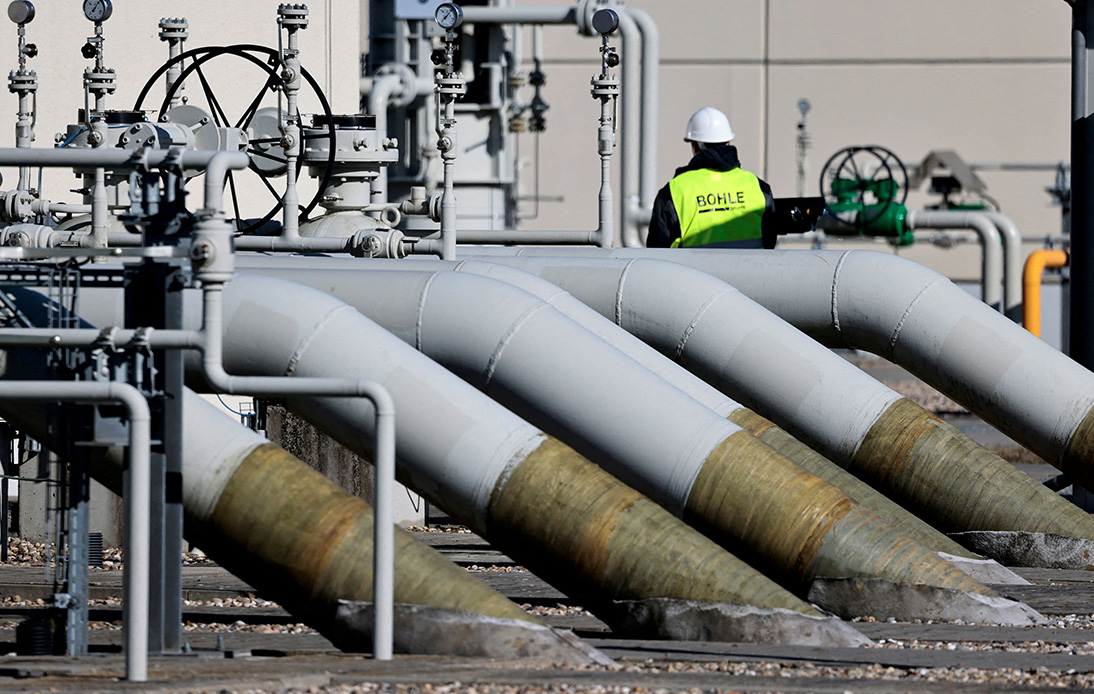
Russia’s state-owned energy company Gazprom said the gas pipeline to Germany would not reopen as planned today.
Gazprom announced that it had to shut down the Nord Stream 1 pipeline indefinitely after it reportedly found an oil leak from a turbine. It had been closed for the past three days for what the firm described as “maintenance work.”
The gas pipeline, which runs from the coast of Russia near St. Petersburg to northeastern Germany, has a daily capacity of 170 million cubic meters. It is owned and run by Nord Stream AG, which has Gazprom as its largest shareholder.
Prior to Russia’s invasion of Ukraine, Germany had also sponsored the development of a rival pipeline known as Nord Stream 2. However, the project was abandoned amid the conflict.
Gazprom said the flaw was found at the Portovaya compressor station during an inspection that included workers from Siemens, the German company that looks after the turbine.
The firm claimed that only specialized workshops, which had been constrained by Western sanctions, could repair oil leaks in major engines.
However, Siemens said that “such leaks do not normally affect the operation of a turbine and can be sealed on site. It is a routine procedure within the scope of maintenance work.”
The news came after the G7 group of nations unveiled plans for a price cap on Russian oil, hoping to cut Moscow’s revenue and combat inflation in the West.
The G7 group is made up of the United States, Germany, Italy, Japan, France, and Canada.
By introducing a price cap, they are allowing countries who agree to the policy to only buy Russian oil and petroleum products that are shipped by sea and are being sold at or below the price cap.
However, Russia has previously said it does not plan to export oil and oil products to countries participating in the cap.
It is not the first time Gazprom has shut down the Nord Stream 1 pipeline since Russia invaded Ukraine. In July, the company announced a “maintenance pause” and cut supplies for ten days before restarting them at a greatly reduced level.
The closure comes amid fears that EU families may not be able to afford heating costs during the winter, as energy prices have soared since the Russia-Ukraine conflict began.




















